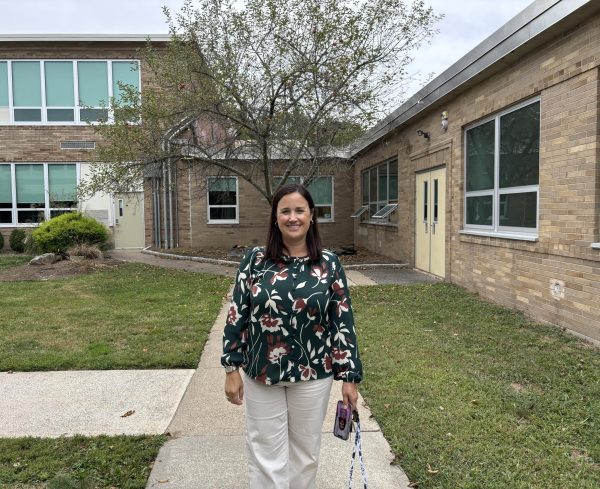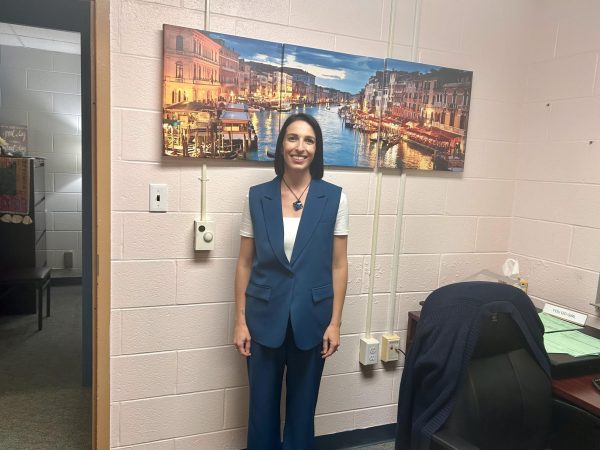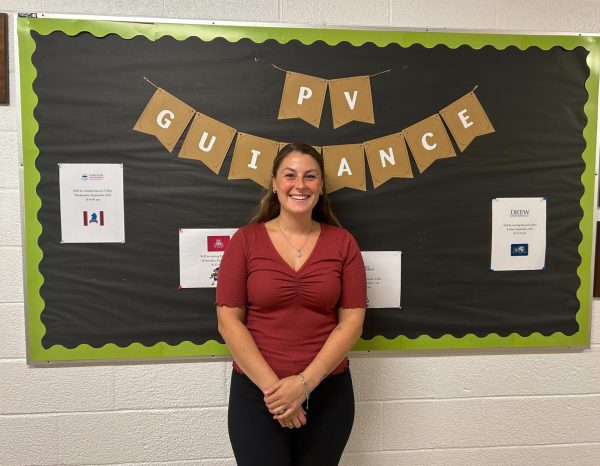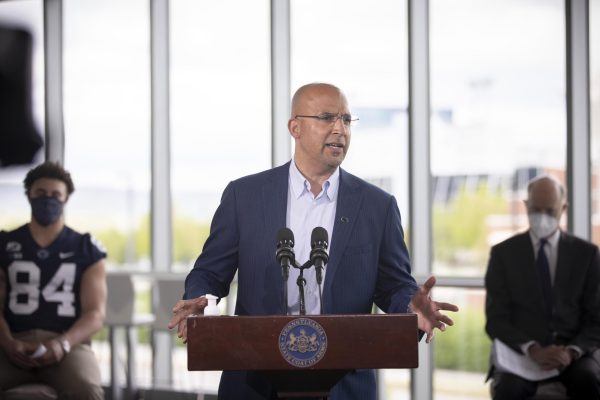Midterm exams to be given during class period
The administration gave the supervisors of each department the ability to decide if a cumulative exam would be given.
Supervisors of each department were able to decide if they would require a midterm exam would be given. “[Cumulative exams are to be] built-in as part of their instructional program,” Director of Curriculum, Instruction, and Assessment Dr. Barry Bachenheimer said.
The return from winter break used to mean it was time to start preparing for midterms. However, this year is different. Throughout December, students were hearing rumors that the exams that used to take place over the course of a few days in mid-January would not occur this year.
The administration decided in October to leave whether or not a cumulative exam would be given up to the supervisor of each department.
“Collectively all the administrators agreed that we would leave it up to individual departments to give an exam,” Director of Curriculum, Instruction, and Assessment Dr. Barry Bachenheimer said. “From a district perspective, we’re not forcing anything. It is completely up to how the teachers and departments want to handle it.”
For example, some departments administer a project or portfolio assessment instead of a cumulative exam.
When Bachenheimer first started in the district 11 years ago, the year was broken up into four marking periods with a midterm occurring at the end of the second marking period. The midterm and final exams each counted for 10% of the students’ final grades.
“[Some of the exams used to be] 200 question multiple-choice exams,” Bachenheimer said. “[It was] high stress for students with high impact on [their] grades, and we were questioning: ‘What was the best thing to do?’”
According to Bachenheimer, this was modeled what is done in colleges and mirrored what the surrounding high schools were doing for exams.
At the time he started at the district, they were starting to realize that this was causing unnecessary stress for students and discussed possibly phasing out the traditional midterms. The district moved to two semesters and if a department chose to give a cumulative exam, it would count as one test grade.
“We think a cumulative experience is important both in math and science because those are more content-driven subjects,” Bachenheimer said. “[Cumulative exams are to be] built-in as part of their instructional program.”
Bachenheimer said this schedule has changed slightly over the years, but for the most part, it remained optional for each department and was weighted as one test.
Last year, however, the district decided to not have a midterm week which was implemented in January 2018. In the previous midterm schedule, two periods met each day; this allowed students to have time to prepare for each exam. However, with this schedule instructional time was lost. Bachenheimer said the district did not think this was beneficial for students, especially in electives and physical education because they did not give a midterm assessment.
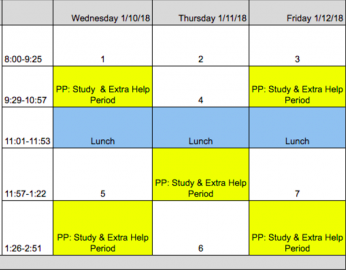
“Our ultimate goal was to give [students] an experience where they would have to study for [a larger scale exam],” Bachenheimer said. “Students still have to prepare, but [there is less of the] unnecessary stress.”
Bachenheimer said although the administration left the decision of whether or not they give a midterm up to the supervisors of each department, some supervisors left it up to each teacher.
Finals still remain unknown. Bachenheimer said because the year is coming to a close at that time, not much instructional time will be lost with a modified final schedule.
“We’ve got some fantastic faculty, and we want to trust them to do what’s right by students,” Bachenheimer said. “Some teachers have different philosophies on how they want to assess their class. Typically, we empower supervisors to run the departments and I believe our supervisors give our teachers a lot of latitude for how they want to conduct their class.”

Sophie Kolax is a senior and the Managing Editor at the Valley Echo. Her article "PV sophomore cast in movie" was published in the Pascack Press in 2020...


![Supervisors of each department were able to decide if they would require a midterm exam would be given. “[Cumulative exams are to be] built-in as part of their instructional program,”
Director of Curriculum, Instruction, and Assessment Dr. Barry Bachenheimer said.](https://pvhsecho.com/wp-content/uploads/2022/01/IMG_6281-e1641997976312-900x675.jpg)

